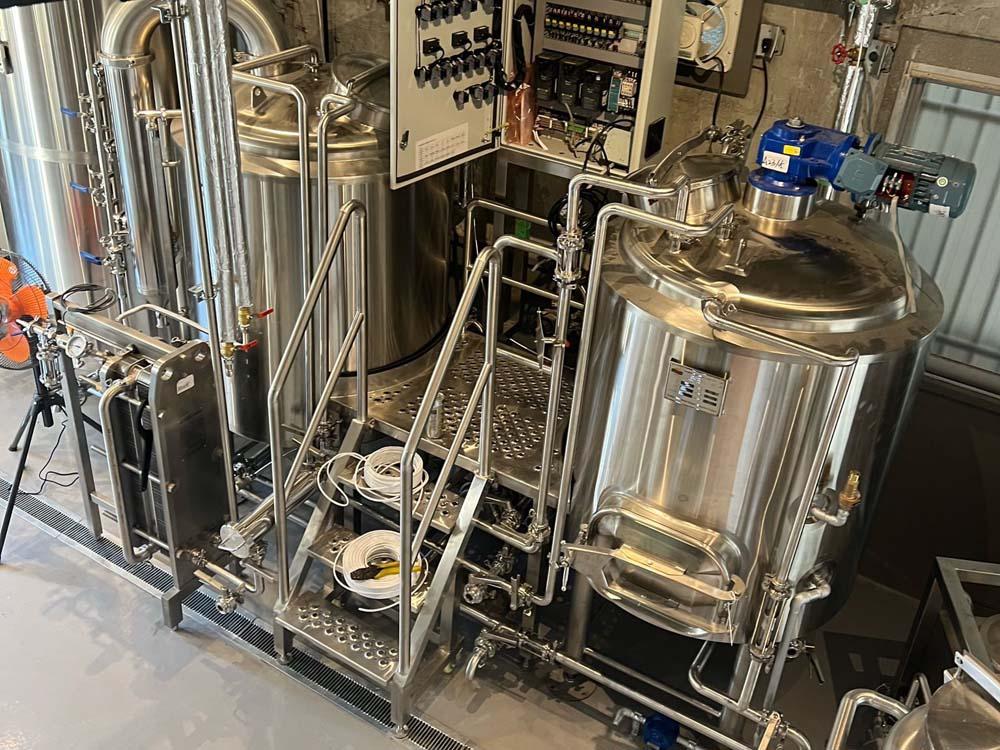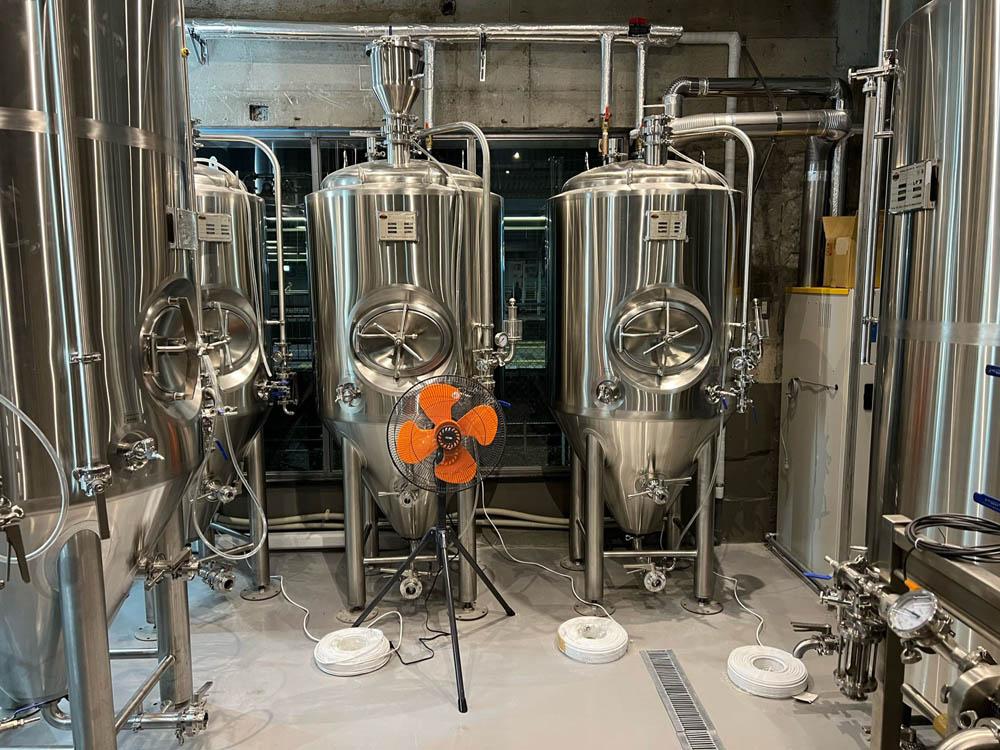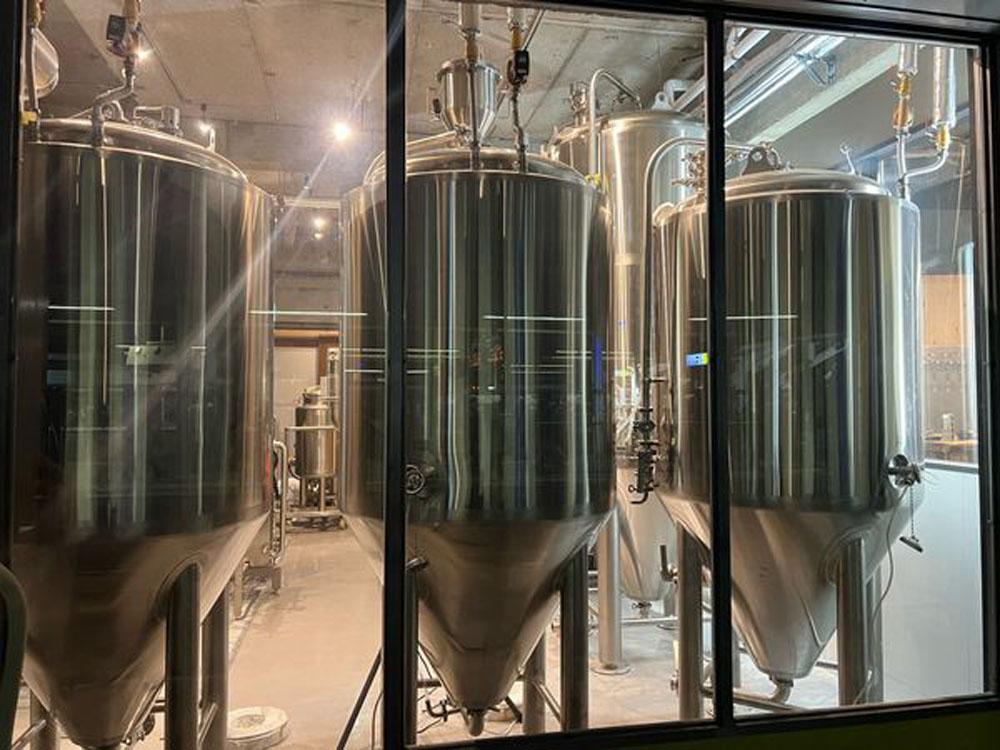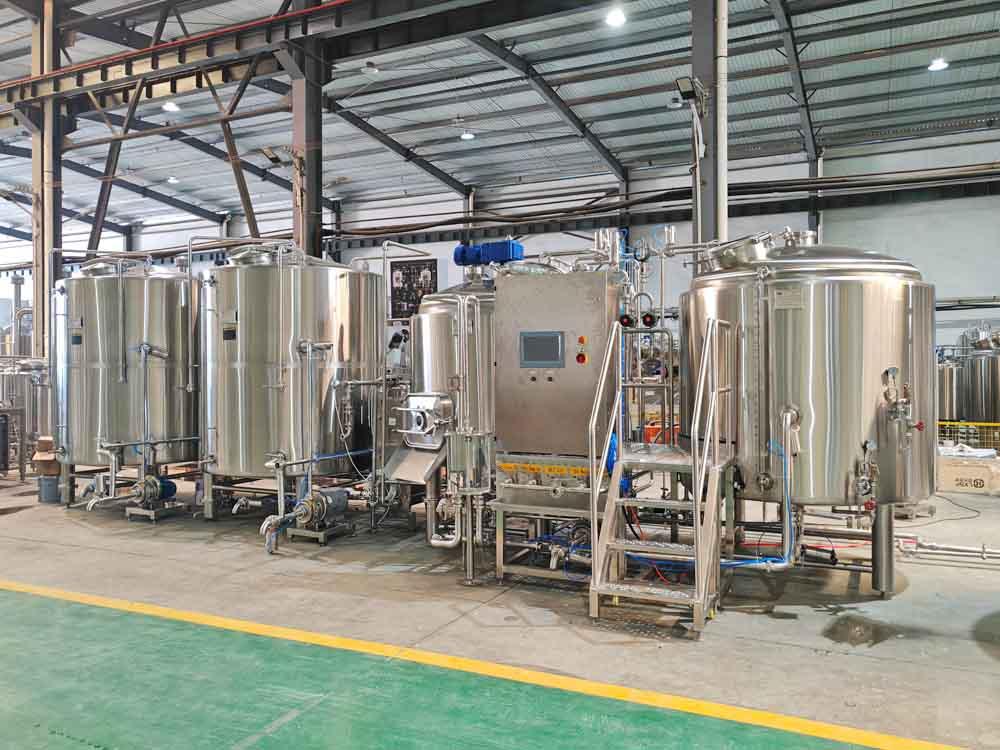How to open a microbrewery?
- Sep 02, 2024
- 89
- tiantai
Opening a microbrewery can be a rewarding venture if planned carefully. Here's a step-by-step guide to help you get started:
Step-by-Step Guide to Opening a Microbrewery
1. Conduct Market Research
Identify Your Target Market: Understand who your potential customers are.
Analyze Competition: Study other microbreweries in your area and identify what makes them successful or what gaps exist in the market.
2. Develop a Business Plan
Executive Summary: Brief overview of your business and its goals.
Market Analysis: Detailed research on your target market and competitors.
Business Structure: Define your business structure (e.g., sole proprietorship, partnership, LLC).
Products: Description of the types of beer you plan to produce.
Marketing Plan: Strategies for promoting your microbrewery.
Financial Plan: Budget, funding requirements, and financial projections.
3. Choose a Location
Space Requirements: Ensure there is enough space for brewing equipment, storage, and a tasting room.
Zoning Regulations: Check local zoning laws to ensure the location is suitable for a microbrewery.
4. Legal Requirements
Business License: Apply for a business license in your locality.
Brewer’s Notice: Obtain a Brewer’s Notice from the Alcohol and Tobacco Tax and Trade Bureau (TTB).
State and Local Permits: Secure necessary state and local permits.
Trademark Registration: Consider trademarking your brewery’s name and logo.
5. Secure Funding
Personal Savings: Use personal funds if available.
Loans: Apply for business loans from banks or other financial institutions.
Investors: Seek out investors or venture capitalists.
Grants: Look for grants specifically for small businesses or the beverage industry.
6. Purchase Equipment
Brewing Equipment: Fermenters, brew kettles, mash tuns, and other essential brewing equipment.
Quality Control: Lab equipment for quality control and testing.
Packaging: Bottling or canning lines if you plan to distribute your beer.
Tiantai, provides turnkey solutions on brewery equipment from A to Z.



7. Design Your Space
Brewery Layout: Efficient design for brewing operations.
Tasting Room: Comfortable and inviting space for customers to enjoy your products.
8. Hire Staff
Brewers: Experienced brewers to handle the production.
Sales and Marketing: Staff to promote your brewery and manage sales.
Customer Service: Friendly staff for the tasting room and tours.
9. Develop Recipes
Experiment: Create and test various beer recipes.
Pilot Batches: Brew small batches to refine your recipes before full-scale production.
10. Set Up Distribution
Local Distribution: Partner with local bars, restaurants, and stores.
Direct Sales: Sell directly to customers through your tasting room or online.
11. Marketing and Promotion
Branding: Develop a strong brand identity.
Website and Social Media: Create an engaging online presence.
Events: Host events and participate in local festivals to increase visibility.
12. Open for Business
Soft Opening: Hold a soft opening to gather feedback and make any necessary adjustments.
Grand Opening: Plan a grand opening event to attract customers and generate buzz.
Tips for Success
Focus on Quality: Consistently produce high-quality beer.
Engage with the Community: Build relationships with local businesses and customers.
Stay Compliant: Regularly update your knowledge on brewing regulations and stay compliant.
Starting a microbrewery requires careful planning, passion, and dedication, but with the right approach, it can be a successful and enjoyable business. If you are planning to open a microbrewery, Tiantai will be your honest brewery supplier.
Derrick
Sales Manager
[email protected]
Tiantai Beer Equipment
Step-by-Step Guide to Opening a Microbrewery
1. Conduct Market Research
Identify Your Target Market: Understand who your potential customers are.
Analyze Competition: Study other microbreweries in your area and identify what makes them successful or what gaps exist in the market.
2. Develop a Business Plan
Executive Summary: Brief overview of your business and its goals.
Market Analysis: Detailed research on your target market and competitors.
Business Structure: Define your business structure (e.g., sole proprietorship, partnership, LLC).
Products: Description of the types of beer you plan to produce.
Marketing Plan: Strategies for promoting your microbrewery.
Financial Plan: Budget, funding requirements, and financial projections.
3. Choose a Location
Space Requirements: Ensure there is enough space for brewing equipment, storage, and a tasting room.
Zoning Regulations: Check local zoning laws to ensure the location is suitable for a microbrewery.
4. Legal Requirements
Business License: Apply for a business license in your locality.
Brewer’s Notice: Obtain a Brewer’s Notice from the Alcohol and Tobacco Tax and Trade Bureau (TTB).
State and Local Permits: Secure necessary state and local permits.
Trademark Registration: Consider trademarking your brewery’s name and logo.
5. Secure Funding
Personal Savings: Use personal funds if available.
Loans: Apply for business loans from banks or other financial institutions.
Investors: Seek out investors or venture capitalists.
Grants: Look for grants specifically for small businesses or the beverage industry.
6. Purchase Equipment
Brewing Equipment: Fermenters, brew kettles, mash tuns, and other essential brewing equipment.
Quality Control: Lab equipment for quality control and testing.
Packaging: Bottling or canning lines if you plan to distribute your beer.
Tiantai, provides turnkey solutions on brewery equipment from A to Z.



7. Design Your Space
Brewery Layout: Efficient design for brewing operations.
Tasting Room: Comfortable and inviting space for customers to enjoy your products.
8. Hire Staff
Brewers: Experienced brewers to handle the production.
Sales and Marketing: Staff to promote your brewery and manage sales.
Customer Service: Friendly staff for the tasting room and tours.
9. Develop Recipes
Experiment: Create and test various beer recipes.
Pilot Batches: Brew small batches to refine your recipes before full-scale production.
10. Set Up Distribution
Local Distribution: Partner with local bars, restaurants, and stores.
Direct Sales: Sell directly to customers through your tasting room or online.
11. Marketing and Promotion
Branding: Develop a strong brand identity.
Website and Social Media: Create an engaging online presence.
Events: Host events and participate in local festivals to increase visibility.
12. Open for Business
Soft Opening: Hold a soft opening to gather feedback and make any necessary adjustments.
Grand Opening: Plan a grand opening event to attract customers and generate buzz.
Tips for Success
Focus on Quality: Consistently produce high-quality beer.
Engage with the Community: Build relationships with local businesses and customers.
Stay Compliant: Regularly update your knowledge on brewing regulations and stay compliant.
Starting a microbrewery requires careful planning, passion, and dedication, but with the right approach, it can be a successful and enjoyable business. If you are planning to open a microbrewery, Tiantai will be your honest brewery supplier.
Derrick
Sales Manager
[email protected]
Tiantai Beer Equipment




